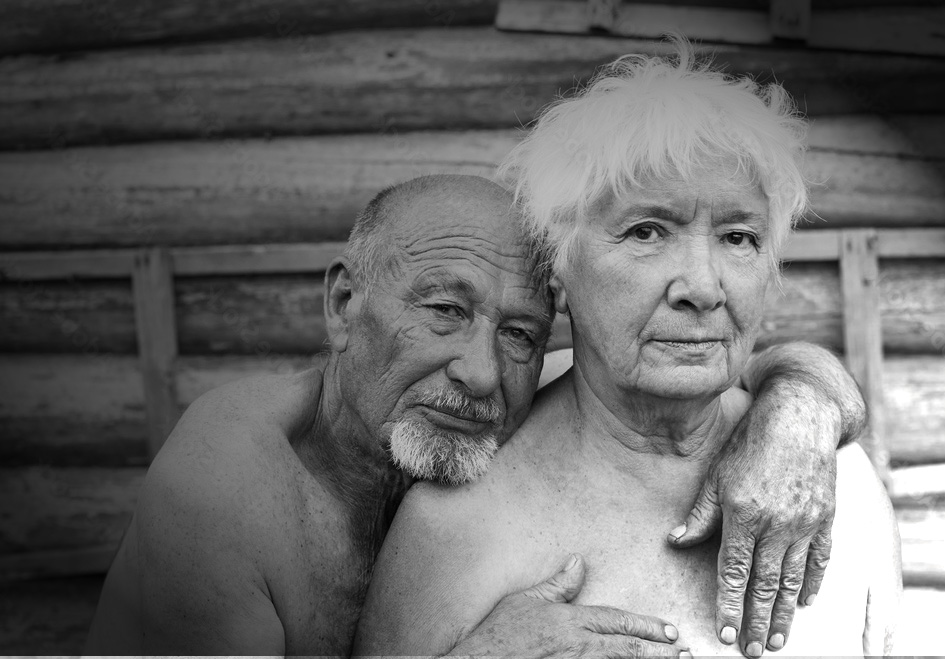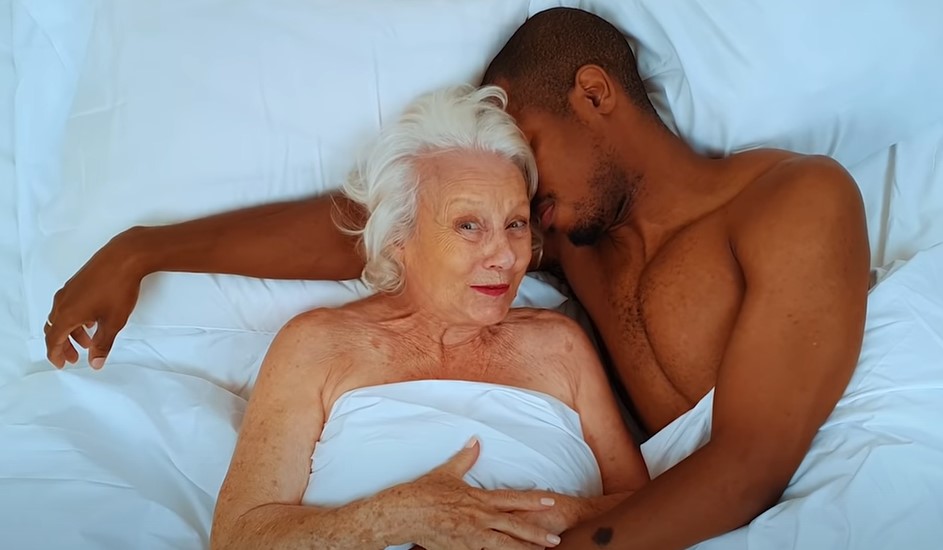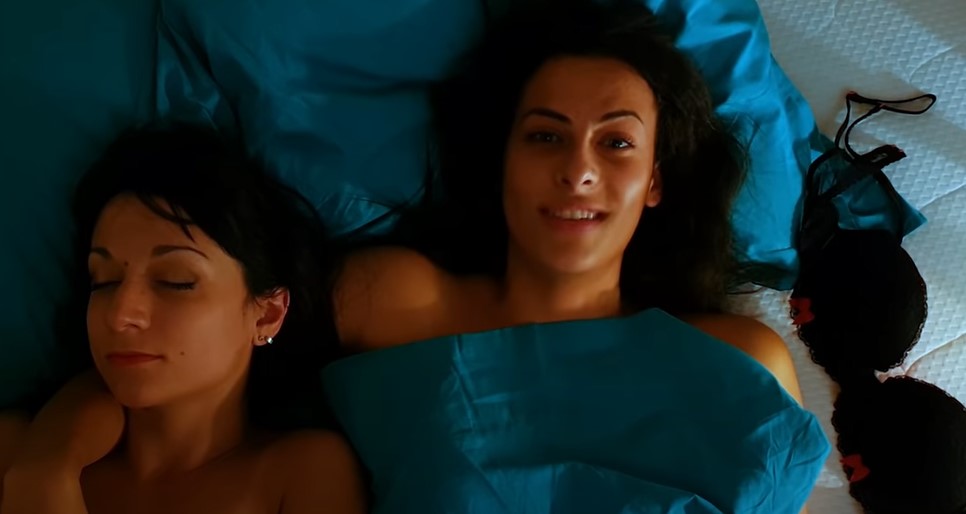Gli stereotipi hanno le ore contate: la fluidità sessuale e anagrafica nell’arte e nel quotidiano
Dall'ultimo romanzo di Kent Haruf al cortometraggio 'Dites oui' fino al romanzo di Lidia Ravera 'Il terzo tempo' ecco perché gli stereotipi sono destinati a scomparire.








